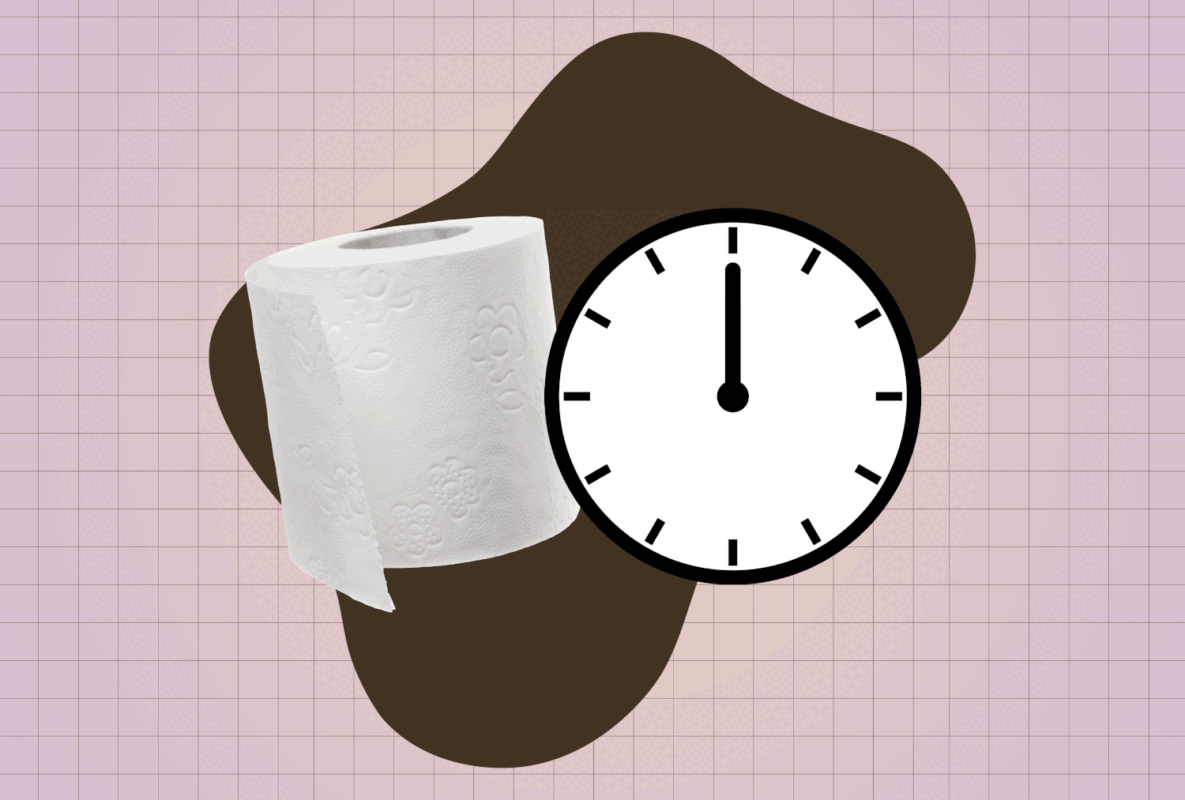Events
The Best Time to Take CoQ10 for Maximum Absorption

- For optimal absorption, CoQ10 supplements should be taken with a meal containing fat.
- While time of day doesn’t matter for absorption, taking it in the evening may make it harder to fall or stay asleep.
- Always speak with health care professional before taking new supplements to ensure they’re safe and align with your health needs.
Coenzyme Q10 (CoQ10) is a powerful compound that supports energy production and helps protect cells from damage. It’s become increasingly popular, thanks to its potential benefits for heart health, fatigue, fertility, skin health, exercise performance and chronic migraine headaches. Levels of CoQ10 decline with age, making CoQ10 supplements particularly appealing for older adults.
Whether you’re interested in CoQ10 supplements to support exercise performance, energy levels or healthy aging, you may be wondering when’s the best time to take it. We spoke with registered dietitians to find out the best time to take CoQ10 for optimal absorption, plus other tips for maximizing its effects.
Forms and Dosages of CoQ10 Supplements
CoQ10 is found in two main forms: Ubiquinone and ubiquinol. Tallene Hacatoryan, MS, RD, breaks down the pros and cons of both. She explains that:
- Ubiquinone is the more common, well-studied and often more affordable form found in supplements. However, it needs to be converted into ubiquinol in the body to be fully active, and that conversion becomes less efficient as we age or in people with chronic health conditions like diabetes or heart disease.
- ·Ubiquinol, on the other hand, is more bioavailable—meaning it’s absorbed more efficiently—and may be the better option for adults over the age of 40 or individuals with absorption issues. The downside is that it tends to be more expensive and less shelf-stable than ubiquinone.
CoQ10 supplements are available in various forms, including tablets, capsules, liquids, gummies and soft gels, with dosages typically ranging from 30 mg to 600 mg of CoQ10 per serving. Always consult a health care professional before you begin taking the supplement to determine the appropriate dose for you.
Optimal Timing for CoQ10 Intake
There’s no scientifically agreed-upon best time of day to take CoQ10. Instead, Lisa Dreher, MS, RDN, LDN, recommends taking CoQ10 with a meal containing dietary fat to optimize absorption and support meaningful increases in circulating CoQ10 levels., “CoQ10 is a fat-soluble compound, so it absorbs best when taken with dietary fat like avocado, olive oil, nuts, eggs or salmon,” expalins Hacatoryan, adding, “Taking it with your largest meal of the day may enhance absorption even further, possibly because those meals tend to have more fat and a longer digestive window,” says Hacatoryan.
While the makeup of your meal appears to be the most important factor for optimizing absorption, it’s worth noting that because CoQ10 supports energy production, some people experience an energy boost after taking it. For this reason, Dreher suggests taking CoQ10 before 2 p.m. so it doesn’t interfere with your sleep.
Other Tips for Maximizing Absorption
Here are a few additional strategies for getting the most out of your CoQ10 supplement:
- Split the Dose: Hacatoryan and Dreher recommend splitting your daily dose into two smaller doses, twice per day, to help keep CoQ10 levels steady. Hacatoryan suggests that this may also help with absorption.
- Opt for Soft Gels: Hacatoryan recommends oil-based soft-gels, rather than powder capsules. “[Soft gels] tend to absorb better than dry powder capsules or tablets, especially when taken with food,” she explains.
- Pair with Vitamin C or Selenium: Research suggests that CoQ10 supplements containing vitamin C have a longer shelf life and are more readily absorbed. Similarly, some studies suggest that selenium may improve CoQ10 absorption and amplify its antioxidant and anti-inflammatory effects when the two are taken together.
- Stay Consistent: One of the most important factors for reaping the benefits of CoQ10 supplements is taking them regularly. To avoid missing a dose, Hacatoryan recommends taking your supplement at the same time every day—and ideally at your fattiest meal. Setting a reminder on your phone or placing the bottle in a hard-to-miss spot in your kitchen may also help.
Potential Side Effects and Considerations
CoQ10 supplements are generally well-tolerated and considered safe for healthy adults. There have been reports of minor side effects, including nausea, vomiting, stomach upset and diarrhea. Some people have also reported mild insomnia when taking doses of 100 milligrams or more. In rare cases, dizziness, headache and heartburn might also occur. “These side effects are often triggered by higher doses, which is why we always recommend starting low and slowly increasing the dose, if a higher dose is warranted,” says Dreher.
According to Hacatoryan, CoQ10 supplements are not safe or appropriate for everyone. CoQ10 can interact with certain medications, including:
- Blood thinners (like warfarin)
- Antihypertensive medications (blood pressure-lowering drugs)
- Some chemotherapy drugs
Due to a lack of research on safety, CoQ10 supplements should also be avoided during pregnancy and chestfeeding.
Our Expert Take
When it comes to maximizing the absorption of CoQ10, experts agree that it’s best to pair your dose with a meal containing healthy fats. While there is no proven ideal time to take your supplement, avoiding taking it after 2 p.m. may help prevent sleep disturbances if you’re sensitive to its stimulating effects. If you’ve been recommended to take a high dose, consider splitting it into two smaller doses—such as with breakfast and lunch—to maintain steady CoQ10 levels throughout the day.
Most importantly, always consult a health care professional before taking any new supplements. While CoQ10 has been linked with benefits for health, it isn’t safe or necessary for everyone.
Frequently Asked Questions
-
When should I take CoQ10 for best absorption?The best time to take CoQ10 is with a meal containing dietary fat to optimize absorption. You may also find that it’s best to take your supplement in the morning or afternoon to avoid disrupting sleep, especially if you are sensitive to its stimulating effects.
-
How do you maximize CoQ10 absorption?Splitting larger doses into two smaller ones, opting for oil-based soft gels (rather than powder-based capsules) and choosing supplements that also contain vitamin C or selenium may further support absorption and effectiveness.
-
Is it better to take vitamin CoQ10 in the morning or at night?When it comes to absorption, there doesn’t appear to be a benefit of taking CoQ10 in the morning versus at night, or vice versa. However, some people may find taking CoQ10 in the evening disrupts their sleep.



